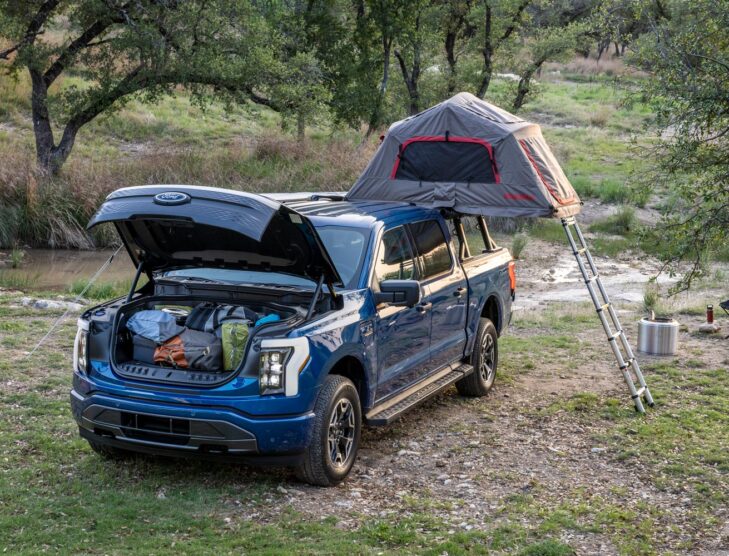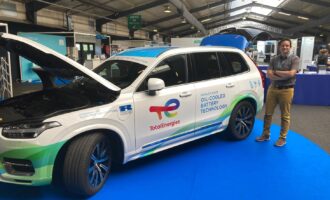
Ford Motor and CATL announce global strategic cooperation
U.S. automaker Ford Motor Company and China’s Contemporary Amperex Technology Co., Limited (CATL) announced a non-binding memorandum of understanding (MoU) outlining global strategic cooperation, including supplying batteries in China, Europe and North America. The two companies intend to jointly explore new business opportunities worldwide to promote electric vehicles (EVs).
Under separate agreements, CATL also will provide full LFP battery packs for North American Mustang Mach-E models starting next year as well as North American F-150 Lightnings in early 2024. Powered by CATL’s LFP battery system, which features long battery life and thermal stability, the above-mentioned Ford models will offer outstanding performance in temperature adaptability. Lithium iron phosphate (LFP) battery is one of the more recently-developed rechargeable battery chemistries and is a variation of lithium-ion chemistry.
CTP is a technology that directly integrates cells into packs, enabling the pack to improve system energy density, simplify manufacturing and lower cost. Ford’s EV architecture flexibility allows efficient incorporation of CATL’s prismatic CTP (cell-to-pack) technology, delivering incremental capacity quickly to scale and meet customer demand.
The two companies plan to leverage their respective strengths to jointly explore new business opportunities for EVs worldwide. In addition to supplying LFP-based CTP batteries to Ford, CATL intends to actively cooperate with Ford with respect to other battery technologies.
The elevated global strategic cooperation aims to open up new opportunities for both companies to create a sustainable business and promote EVs, contributing to global carbon neutrality goals.
In related news, Ford and SK Innovation have established their 50-50 joint venture called BlueOvalSK, which was announced last year. The joint venture aims to produce 140 gigawatt-hours of electric car batteries by 2030 in North America and hope to complete 240 gigawatt-hours of batteries globally.









